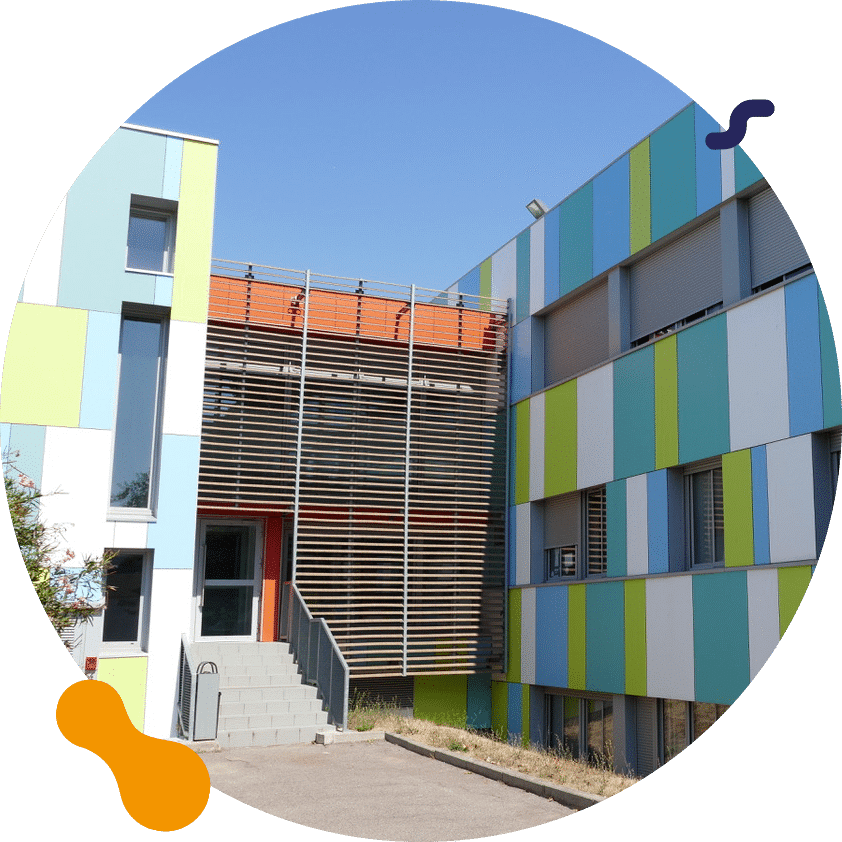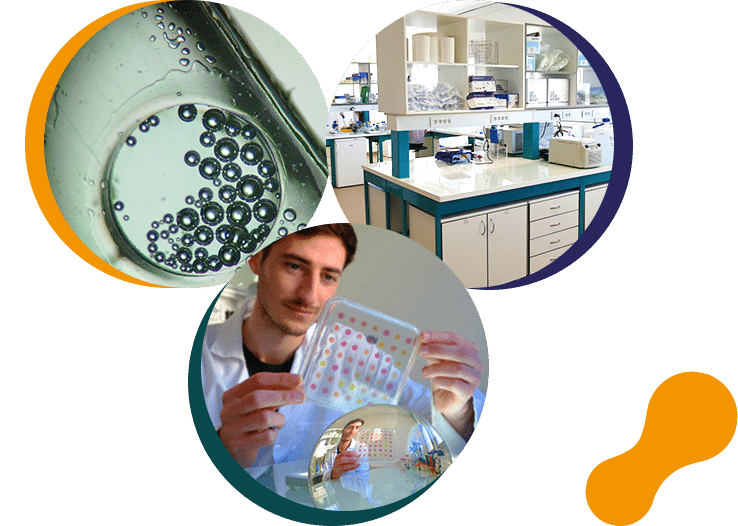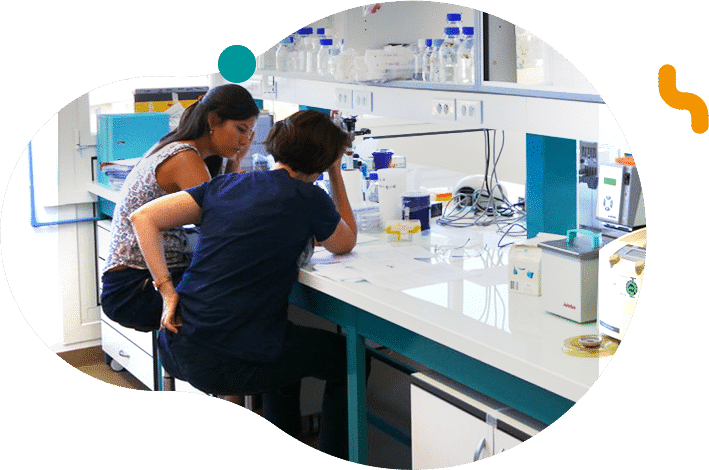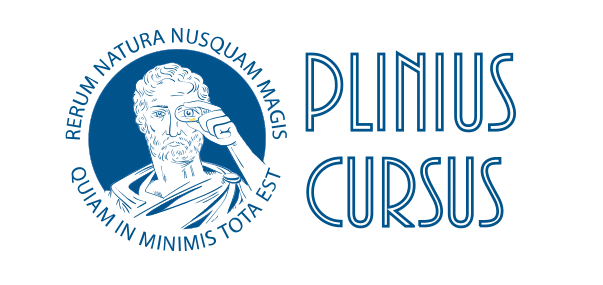IMM: Mediterranean Institute of Microbiology

The Institut de Microbiologie de la Méditerranée has been a Research Federation (FR3479, CNRS & Aix-Marseille Université) since January 1, 2012. It follows on from the Federative Research Institute (IFR1 then IFR88, 1995-2011), itself the result of a Research Group (GDR) created in 1992 under the umbrella of the national interdisciplinary IMABIO program. The federation groups together 7 scientific platforms and 5 support services for the 4 units of which it is composed.
IMM management


Director
To be announced
Julia Fargeot
Deputy Administrative Director
Our vision
IMM's ambition is to develop a multidisciplinary cluster with a high national and international profile, representing the many aspects of modern microbiology.
We work in synergy with other laboratories as part of the Microbiology, Bioenergy and Biotechnology Institute (IM2B) of Aix Marseille University, and in partnership with local development structures and competitiveness clusters (Capernergies, Pole Mer, Eurobiomed, Novachim).
IMM research themes
At IMM, research in fundamental microbiology is carried out at several levels:
- Molecular
- Mechanics
- Biochemical
- Genetics and genomics
- Host-pathogen relationship
- Biodiversity and evolution
IMM research units
Macromolecular Systems Engineering Laboratory (LISM) (UMR7255)
directed by Eric Cascales
Genomic and Structural Information Laboratory (IGS) (UMR7256)
directed by Chantal Abergel
Bioenergetics and Protein Engineering Laboratory (BIP) (UMR7281)
directed by Barbara Schoepp-Cothenet
Laboratoire " Chimie Bactérienne " (LCB) (UMR7283)
directed by Tâm Mignot
Experimental systems
The IMM studies various microorganisms, including :
- Traditional models : E. coli, B. subtilis, S. cerevisae
- Major pathogens : Mycobacterium, Legionella, Acinetobacter, etc.
- Opportunistic pathogens : Pseudomonas, amoebae
- Extremophilic bacteria : Aquifex, Acidithiobacillus, etc.
- Giant viruses : Megaviruses, Mimiviruses, Chloroviruses
- Magnetotactic bacteria
- Micro-algae
Research applications
Potential research applications of the Institut de Microbiologie de la Méditerranée include :
- Energy and decarbonation
- Analysis and preservation of the environment
- Human health

The Institut de Microbiologie de la Méditerranée, as a federation, brings together around 300 people, including :

180
statutory
(CNRS researchers, teacher-researchers, ITAs)

+100
students
(Including some fifty
doctoral students)



